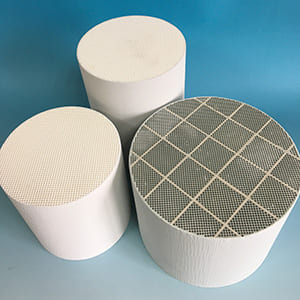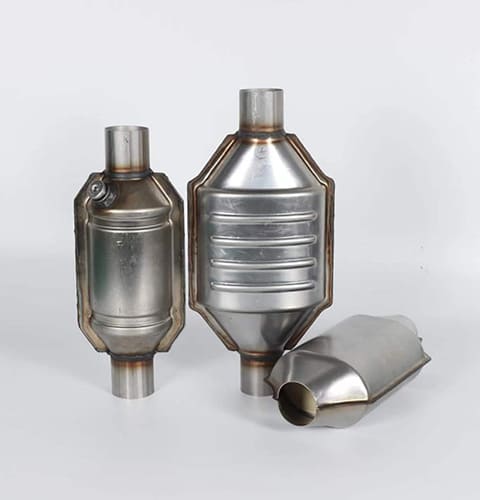Have you noticed the growing number of diesel vehicles on the road? Do you wonder how they meet the stringent emission regulations? Are you curious about the latest trends in aftermarket emission control technologies for diesel vehicles?
The importance of emission control in diesel vehicles is increasing due to stricter environmental regulations and heightened awareness about air quality. Aftermarket solutions like Diesel Particulate Filters (DPF), Gasoline Particulate Filters (GPF), and catalytic converters play a crucial role in ensuring diesel vehicles meet these regulations.
The diesel vehicle aftermarket is evolving rapidly. New technologies and stricter standards are pushing the boundaries of what’s possible. This article explores these trends and their implications for the industry.

Why is Emission Control Becoming More Important?
With the introduction of more stringent emission standards globally, diesel vehicles must meet higher environmental performance levels. Governments are implementing tighter regulations to curb pollutants like nitrogen oxides (NOx) and particulate matter (PM). This shift is driving innovation in the aftermarket sector, with companies developing advanced solutions to retrofit older vehicles and keep them compliant.
Diesel Particulate Filters (DPF) are essential for capturing and reducing PM emissions from diesel exhaust. These filters trap soot and other particulate matter, preventing them from being released into the atmosphere. Silicon Carbide DPF and Cordierite DPF are popular choices due to their efficiency and durability.
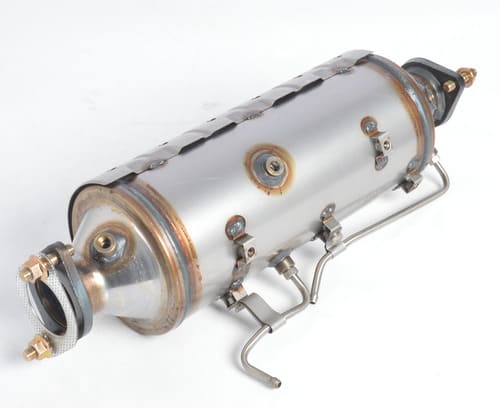
What Technologies are Leading the Way?
Diesel Particulate Filters (DPF)
DPFs have become a staple in emission control for diesel vehicles. They come in two main types:
- Cordierite DPF: Known for their excellent filtration efficiency and thermal stability, they are widely used in light-duty diesel vehicles.
- Silicon Carbide DPF: These filters are more robust and can withstand higher temperatures, making them suitable for heavy-duty applications.
Catalytic Converters
Catalytic converters are crucial for reducing harmful emissions such as CO, HC, and NOx. The three-way catalyst technology is particularly effective for gasoline engines, while Selective Catalytic Reduction (SCR) systems are commonly used in diesel engines to reduce NOx emissions.
Gasoline Particulate Filters (GPF)
As gasoline engines become more efficient and produce higher particulate emissions, GPFs are gaining importance. They function similarly to DPFs but are designed specifically for gasoline engines.
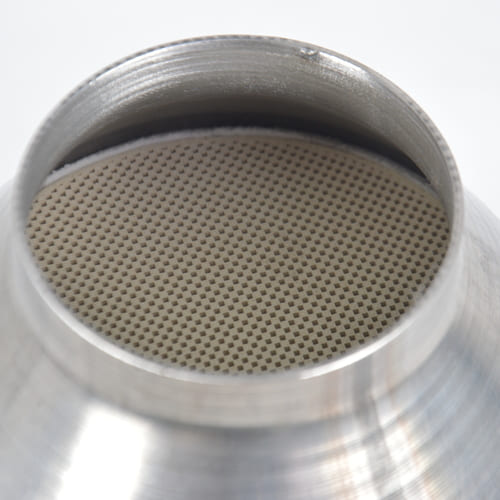
How are Aftermarket Solutions Evolving?
Retrofitting Older Vehicles
One major trend is the retrofitting of older diesel vehicles with modern emission control technologies. This approach helps in extending the life of vehicles while ensuring they meet current emission standards.
Integrated Systems
Manufacturers are developing integrated systems that combine multiple emission control technologies. For instance, a system might include a DPF, SCR, and a catalytic converter, working together to provide comprehensive emission reduction.
Smart Monitoring Systems
With advancements in IoT and data analytics, smart monitoring systems are becoming more common. These systems can track the performance of emission control devices in real-time, ensuring optimal function and timely maintenance.
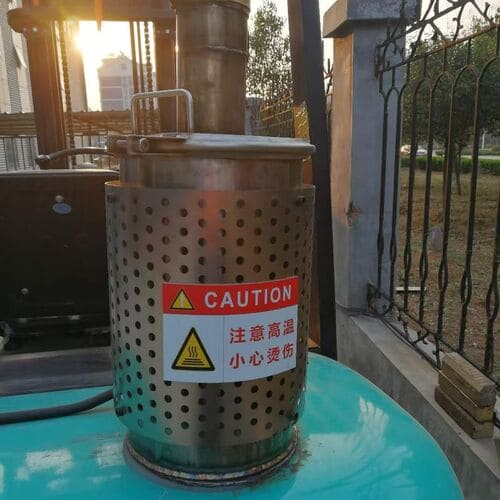
What are the Challenges and Opportunities?
Challenges
- Cost: Upgrading emission control systems can be expensive, especially for older vehicles.
- Compatibility: Ensuring new technologies are compatible with existing vehicle systems can be complex.
- Regulatory Compliance: Staying abreast of ever-changing regulations requires constant vigilance and adaptation.
Opportunities
- Innovation: There is significant potential for developing new, more efficient technologies.
- Market Growth: As regulations tighten, the demand for aftermarket emission control solutions is set to rise.
- Environmental Impact: Improved emission control technologies can lead to significant reductions in air pollution.
Conclusion
The growing importance of emission control in diesel vehicles is undeniable. As environmental regulations become more stringent, the aftermarket industry is rising to the challenge with innovative solutions. From advanced DPFs and catalytic converters to smart monitoring systems, the focus is on reducing emissions and improving air quality. The future of diesel vehicles depends on these advancements, making the aftermarket sector a critical player in the fight against pollution.

